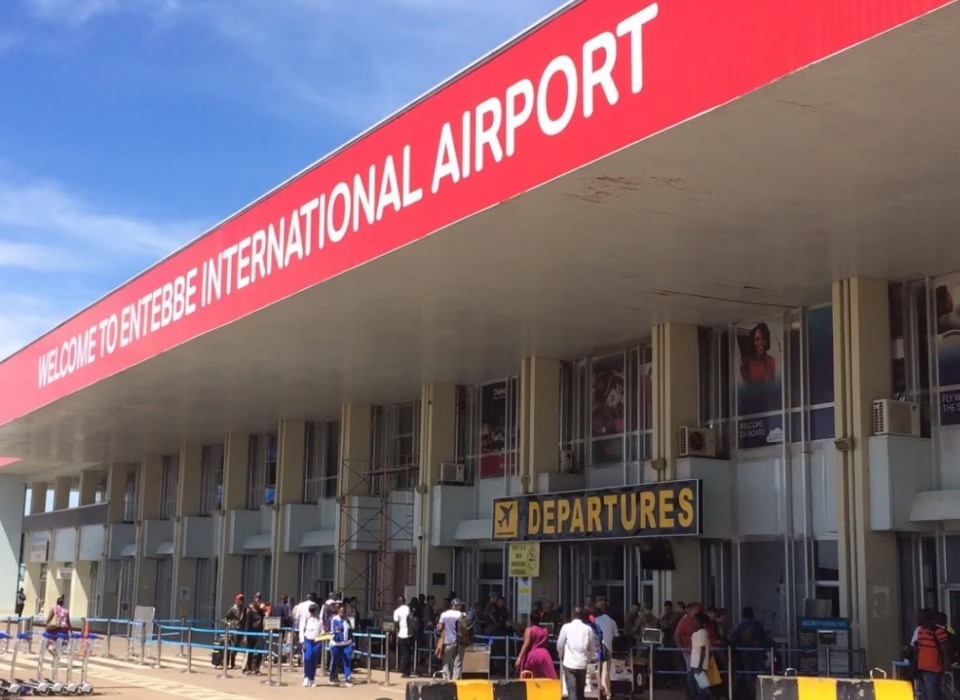The departures hall at Entebbe International Airport was unusually quiet today—except for the murmurs of stranded travelers and the occasional frustrated sigh. Luggage carts stood still, check-in desks were unmanned, and the normal hum of air travel had given way to uncertainty. Behind the disruption: a bold strike by airport staff demanding the removal of top officials they accuse of running the Uganda Civil Aviation Authority (UCAA) into dysfunction.
“We’ve had enough,” said one worker, eyes weary but resolute. Like many others on strike, they requested anonymity for fear of losing their job. “We’re tired of watching our airport fall apart while the people responsible sit in comfort and do nothing.”
The walkout follows a recent directive by President Yoweri Museveni, issued on June 25, ordering the dismissal of 152 UCAA employees who had allegedly used forged academic credentials to secure their jobs. The decision came shortly after a high-profile embarrassment in which Mama Maria Nyerere, widow of Tanzania’s late President Julius Nyerere, was trapped in a malfunctioning airport lift for four agonising minutes.
But for those on strike, that moment was just the tip of the iceberg.
“People think the problem is only fake degrees. But what about the leaders who hire them, who turn a blind eye, and who spend their days in air-conditioned offices while the rest of us fight to keep this place running?” another staff member asked.
Social media lit up as images and videos of the chaos at the airport made their rounds. One viral post on X (formerly Twitter) summed up the frustration:
“UCAA ROT: Paralysis at Entebbe Airport as Staff Strike Demanding Removal of Unqualified Top Bosses Enjoying AC and Sausages.”
It was dramatic—but many say it wasn’t far from the truth.
For passengers, the strike meant long waits, missed flights, and confusion.
“I’ve been here for hours and no one can give me a straight answer,” said Sarah Muwanga, a mother of two trying to fly to Nairobi for a family emergency. “I understand the workers’ pain, but we’re caught in the middle.”
Ironically, the chaos comes just weeks after UCAA proudly announced it had handled over 213,000 passengers in June 2025—the highest number in years. But that record, many say, hides the reality: a system stretched thin by poor leadership and repeated allegations of extortion and inefficiency.
Despite the public pressure, UCAA’s Director General, Fred Bamwesigye, has not yet addressed the strike directly. The Authority has previously denied allegations of corruption, promising internal investigations and claiming that extortion is not tolerated. But trust is wearing thin.
A February 2024 internal audit revealed that 82 employees out of a sample of 2,600 had submitted forged academic documents—evidence, critics argue, of just how deep the problems run.
Transport State Minister Fred Byamukama acknowledged the seriousness of the crisis, telling reporters: “The President’s directive is law, and we are taking immediate action to address these governance failures.”
As the strike continues, many Ugandans are left wondering whether this moment will lead to real change—or simply fade into yet another chapter in a long story of institutional decay.
For now, Entebbe Airport, once seen as a proud gateway to East Africa, remains paralysed—held hostage by years of mismanagement, and by a workforce that’s finally decided to speak out.



